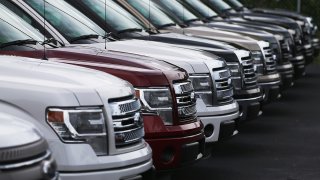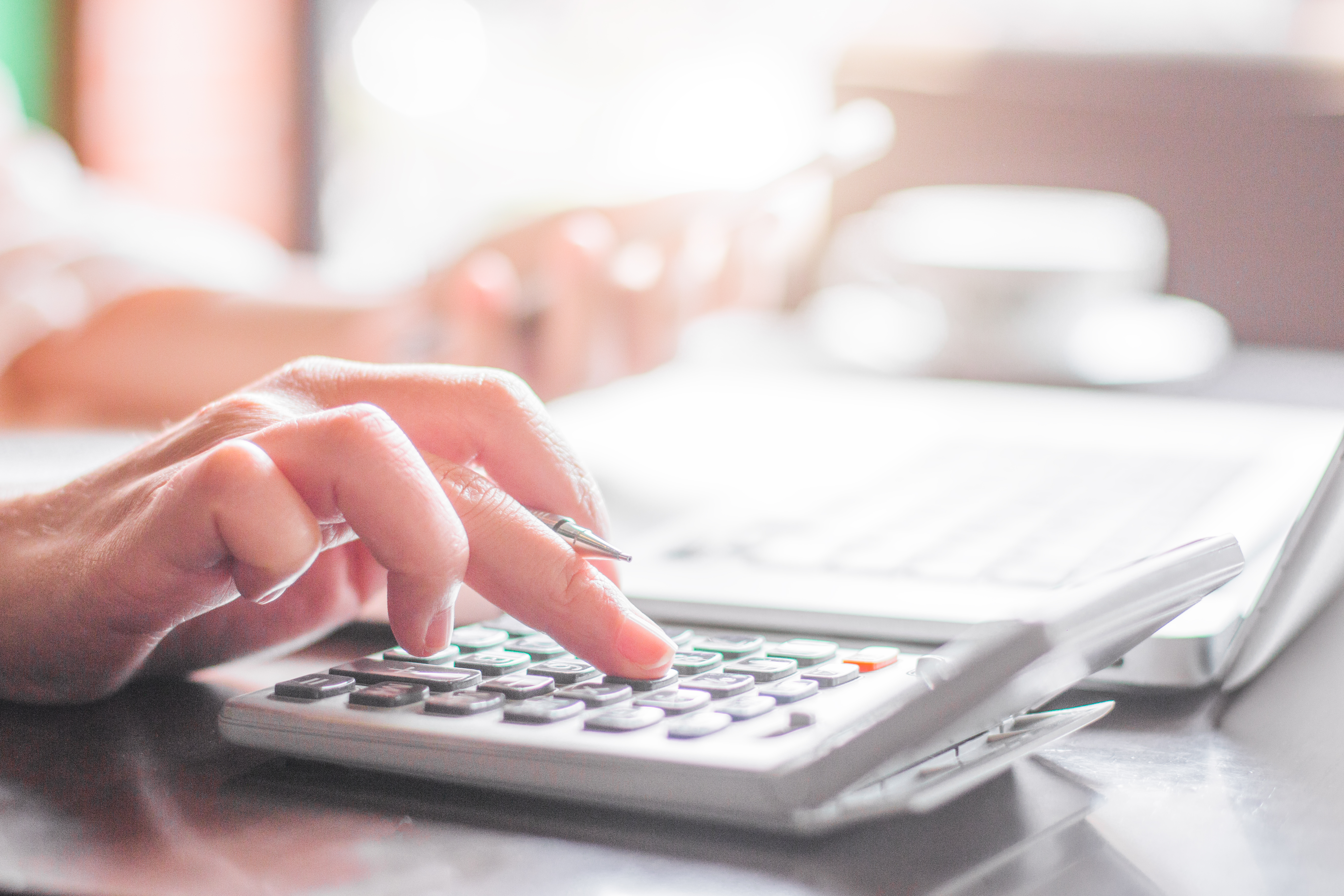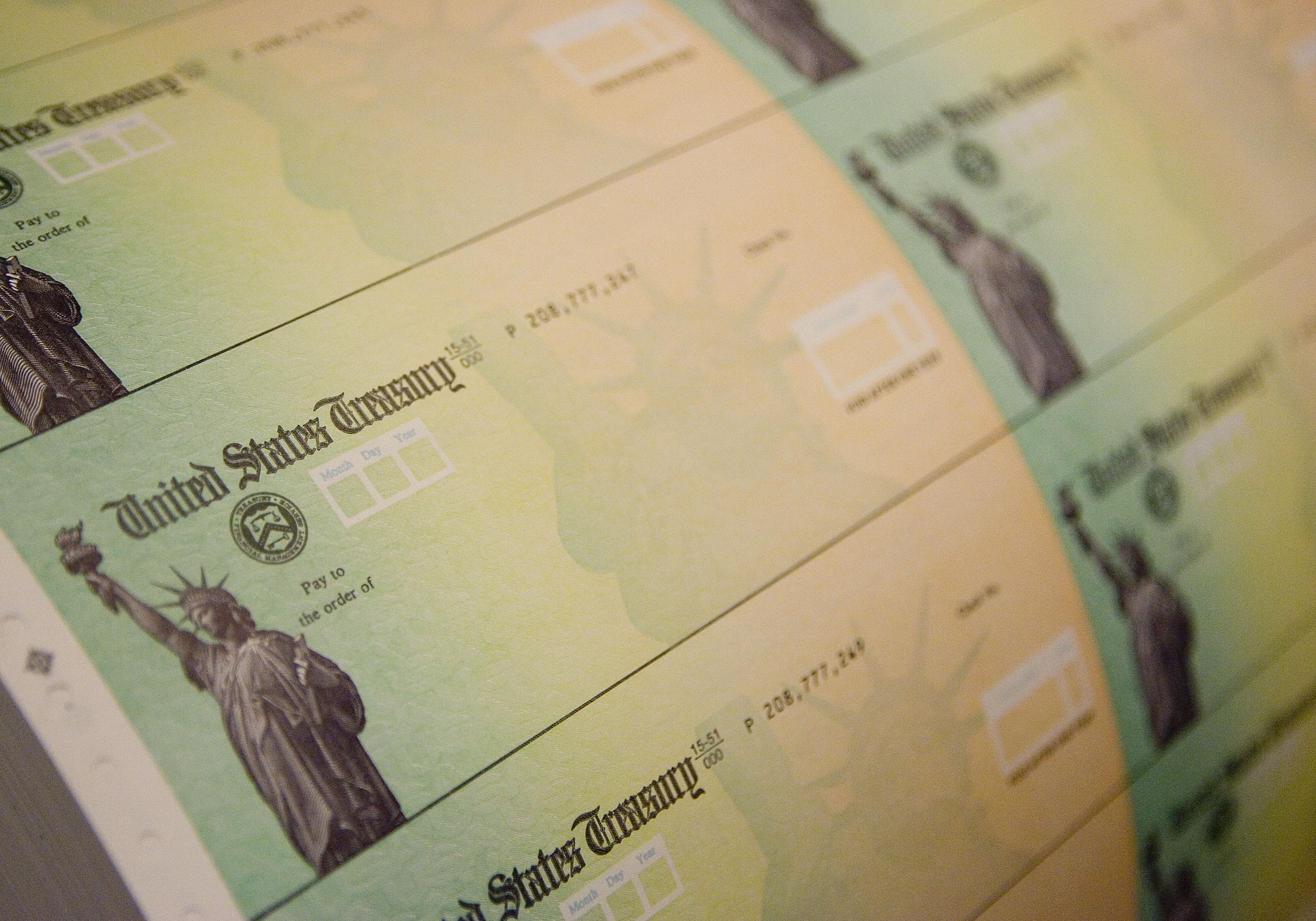
Ford announced Friday that it’s expecting to report a net loss of $2 billion loss in the first quarter because of the coronavirus pandemic.
It’s just part of the toll this crisis is taking on the auto industry.
There are two sides to what’s happening, and both center on surplus.
It means potential deals for you the consumer, but it’s possibly disastrous for an industry that will have to adjust to life post COVID-19.
“There’s too much supply and that means the price is going to come down,” said Jamie Butters, chief content officer for Automotive News in Detroit.
He said new and used vehicles are languishing on lots, so deals and discounts favor consumers who can afford to buy.
“If you have a lease that is expiring there’s a lot of people wanting to compete for your business because they got that surplus on their lot,” he said.
He said don’t expect much for a trade-in -- another car is the last thing a dealer wants.
Rising surpluses are good for consumers but horrible for the auto industry and the U.S. economy in general.
“Auto sales track very closely to GDP, and when the economy is strong and people are working they buy cars,” Butters said.
The coronavirus pandemic has shut down all U.S. auto-manufacturing.
With over 17 million people having recently filed for unemployment, no one is rushing to buy cars.
Automakers have gone from record sales to essentially no sales in a matter of weeks, and Butters said it’s impacting the entire job market.
“Fashion and marketing and retail and engineering -- and it is a massive industry so it’s a huge hit to the whole U.S. economy,” Butters said.
And it could be a lasting hit. COVID-19 is creating debt and changing behaviors: more saving, less spending; more working from home, less commuting.
Butters said lingering concerns about contracting coronavirus and the need for social distancing may be the one silver lining for the auto industry: people returning to work may want their own vehicle rather than using public transportation.
“Maybe people aren’t so eager to ride in an Uber or a Lyft if they are worried about who just got out of it,” Butters said.
While new data suggests while car sales are certainly taking a massive hit – down more than 50% – they haven’t dropped by the 80% economists first predicted.
That might be due to the deals consumers have been taking advantage of.
Some car-makers are offering not just zero-percent financing – but job loss protection – that will pay six months of your car payments if you’re suddenly out of work.




